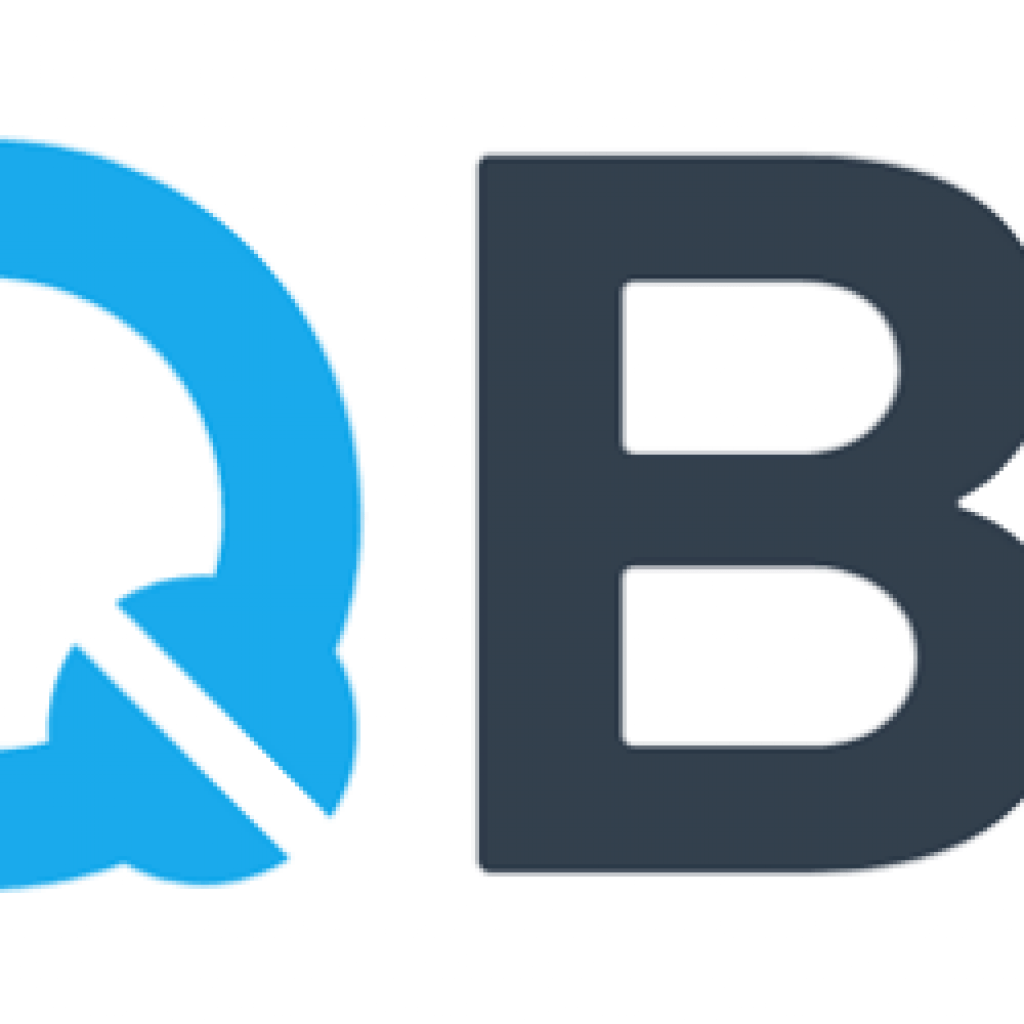(BMW.Group) BMW has announced the four winners of the BMW Quantum Computing Challenge. The team with 1QBit, NTT DATA and NTT Research, Inc., a division of NTT (TYO:9432), together with the University of Notre Dame, won in the category “Configuration Optimization of Pre-Production Vehicles.” The competition called on researchers and companies to develop innovative quantum algorithms and test their solutions on real quantum computers. According to BMW, quantum computing has immense potential in the automotive sector, for example in complex optimization problems, in materials research and in quantum machine learning for automated driving.
The winners out of 70 submissions worldwide were announced at Q2B 2021, the leading conference for the application of quantum computing. In their citation, the jury of science and industry praised the submission: “The winning team of 1QBit and NTT impresses with hybrid algorithms that enable effective solution finding and achieve very good results on existing hardware. In addition, the contribution includes methods for the medium-term improvement of these hybrid algorithms and a solution model for future fault-tolerant quantum computers.”
In the competition category in which 1QBit and NTT have now been successful, BMW wants to explore how to optimize the millions of combinations when configuring pre-production vehicles so that as few tests as possible are necessary, for example, with prototypes on the road. Does the 2-liter engine harmonize with the heated windshield and leather seats? What seems unproblematic at first glance can lead to new findings in tests under extreme conditions. BMW has high hopes for quantum algorithms. “The technology landscape in quantum computing is still in its infancy. Nevertheless, we are convinced that future technologies such as quantum computing have the potential to make our products more desirable and sustainable. With our crowd innovation approach, we hope to be able to activate additional innovative forces that would not come into play in a normal bidding process,” said Peter Lehnert, Vice President Research and New Technologies at the BMW Group.
The winning team has found a unique hybrid solution that runs both on currently available specialized hardware as well as on general-purpose and adiabatic quantum computers that will not be ready for the market at present. Researchers at NTT Research are developing a Coherent Ising Machine, named after physicist Ernst Ising. Originally invented in 1924 to model magnetic structures, the Ising Model can also be used to find solutions to optimization problems, for example in the business world. A Coherent Ising Machine is a network of optical parametric oscillators, whose strongest global oscillation mode corresponds to the solution of a so-called Ising problem. “Our goal is to replace optical elements such as optical fibers with miniaturized photonic chips in the future so that Coherent Ising Machines can be easily integrated into environments with conventional digital computers,” said Yoshihisa Yamamoto, director of the Physics & Informatics (PHI) Lab at NTT Research.
The fact that the three partners were able to submit such a groundbreaking and practical concept in just two months is due to the expertise of the partners. Quantum computing, for example, is one of NTT Research’s central research fields. The algorithm comes from Canadian partner 1QBit, the world’s leading experts in quantum algorithms. 1QBit has built expertise across quantum hardware design, quantum algorithms, classical computing and software products. “The BMW Quantum Computing Challenge allows us to demonstrate all of our expertise in one project, in service of BMW’s profound vision,” says Andrew Fursman, Co-Founder & CEO of 1QBit. That our work in classical high-performance computing, exotic special-purpose hardware and universal quantum computing has contributed to this successful solution fills me with pride. We couldn’t be more pleased with the result.”
Alberto Acuto, Quantum Practice Lead at NTT DATA, emphasizes that the award-winning work is by no means just a theoretical proof of concept. “We got real-world data from BMW and proved that our hybrid approach can deliver meaningful optimized solutions and that a Coherent Ising Machine can be used as a novel approach to solve optimization problems.”
